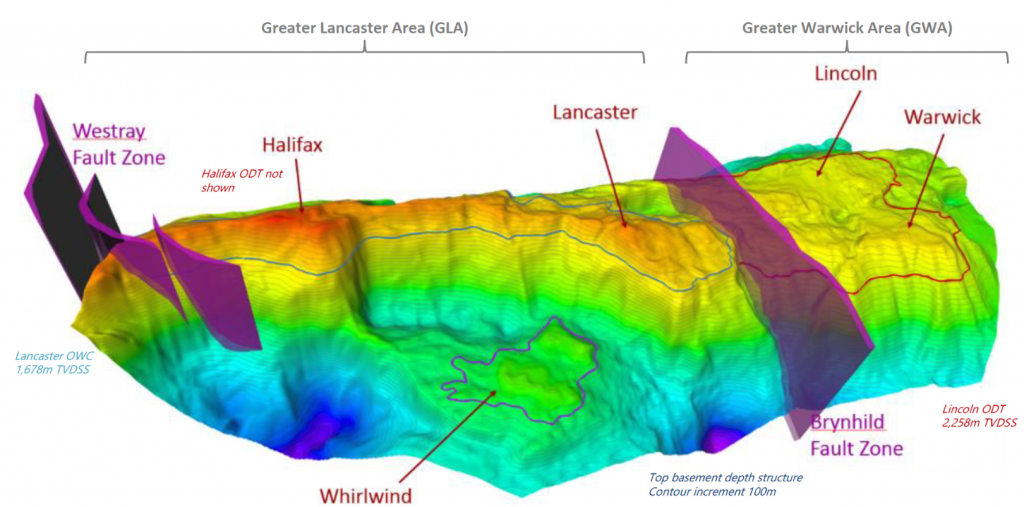
Hurricane Energy’s recent announcement of a major discovery at its Halifax well, West of Shetlands is very significant for the UK oil and gas industry. At a time when investment has been seriously reduced by the low oil price, and in the absence of any significant new finds, it heralds a potential revival in the sector.
Now that a commercial discovery has been made, Hurricane Energy’s next step will be to procure funding to carry out any further appraisal work required, and to develop the field. It will in the latter respect need to consider whether to use a fixed platform or a floating production vessel to exploit its new find.
The water depth and the weather conditions are key considerations in this respect. The West of Shetlands area is characterised by rough weather, substantial water depths and a lack of existing infrastructure. Floating production, storage and offloading units (FPSOs) represent the obvious “solution” to the problem of ensuring safe and continuous oilfield production in such an environment.
If an FPSO were to be used for production of the field, Hurricane will need to consider whether it will purchase and own the unit or lease it from an FPSO contractor, and engage such contractor to provide specialist production services, pursuant to a production services contract. It will also need to consider whether to use a new build FPSO or to modify an existing FPSO.
Hurricane signed a Heads of Terms with Bluewater in November 2016 for the use of the Bluewater-owned FPSO Aoka Mizu as the production system for the Lancaster Field, which is reported to be geologically linked to its recent Halifax discovery.
A Heads of Terms is not typically binding in English law, but it seems likely that at least some of the relevant FEED work relevant to the employment of “Aoka Mizu” will have been undertaken, and that this represents the most likely way forward. If so, a fully termed production services contract will need to be negotiated and concluded. The scope of the modification and upgrade work will need to take account of the specific configuration of the Halifax prospect.
FPSO production services contracts are complex, usually long term, contracts. The Operator will wish to ensure that the contract includes adequate protection against the risks of non-performance by the contractor, including detailed acceptance provisions, supervision rights, indemnities, termination rights and a sophisticated compensation regime, which takes account of possible underperformance of the FPSO in terms of its agreed production targets.
Since the contractor will have incurred substantial capital expenditure in the construction or modification of its FPSO for use in the field, it will wish to ensure that its capital expenditure is fully recovered over the life of the contract, and its operating costs and profit element are also paid by the operator.
Although Hurricane obviously has much to achieve before production, its Halifax discovery is a considerable cause for optimism for the UK oil and gas industry in difficult times.
Teena Grewal is an associate at law firm Haynes & Boone CDG, LLP
Recommended for you
